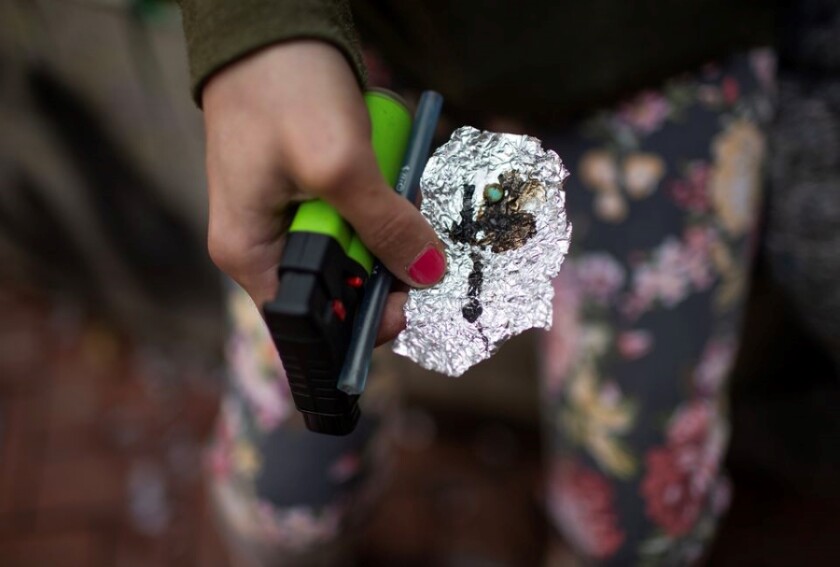All uniformed officers who interact with the public – about 810 sworn members – will have body-worn cameras sometime between April and August, after further negotiations with the police union and a training period. But only the bureau’s 297 patrol officers will be required to wear them routinely on their shifts. Roughly 500 other sworn members, including detectives and sergeants, will put on their cameras when they interact with the public, such as during an investigative interview, said police spokesperson Mike Benner.
A discussion Wednesday of the 60-day pilot program that introduced police body cameras to 150 Portland officers this summer was not without acrimony, after a member of the police accountability group Portland Copwatch blasted city officials for not disclosing more information about the outcomes of the Aug. 21 to Oct. 19 trial.
“The public deserves explanations from the city about a number of things before moving forward,” Mark Morris, the accountability advocate, said during the meeting.
Portland Commissioner Rene Gonzalez fired back, saying the city could no longer wait for widespread use of body cameras. Until this year, Portland remained the only city among the 75 largest municipal police agencies in the nation that lacked the devices, according to the U.S. Justice Department.
“It’s long overdue,” Gonzalez said. “It’s imperative in addressing police accountability; it’s imperative in mitigating our risks of sometimes unfounded claims made against Portland police.”
He added: “(I) continue to be concerned about a small segment of the city that lets the perfect be the opposite of good.”
Under the agreement approved Wednesday, Axon Enterprise, Inc. will supply 840 body cameras to the city, to account for devices that may break, Benner said. Axon, formerly known as Taser International, also sold Portland the cameras for the pilot.
Tammy Mayer, the Police Bureau’s body-worn camera program manager, said Axon cameras and software had “performed very well,” and that the bureau had no concerns with the company. Portland police also worked with the Multnomah County District Attorney’s Office to provide video footage to use in court, Mayer said.
Portland Mayor Ted Wheeler cautioned that it would take “some time” before officers received training so they could implement the technology.
“I’m not alone in wanting to roll out body cameras bureau-wide as soon as possible,” Wheeler said.
Sgt. Aaron Schmautz, president of the Portland Police Association union, said officers in the pilot program didn’t report “any real big hiccups” and that union negotiations over the technology’s implementation will not concern substantive matters. Some officers, for example, told Schmautz they faced long upload times for their recordings and said their cameras captured unnecessary footage, such as long stretches of driving to incidents.
Also, several officers who responded to a person in crisis each had to tell the person they were recording.
“They’re not a panacea, and the video itself is not the recollection of the individual wearing it,” Schmautz said. “But it is an opportunity to ensure, or at least maximize the potential of, having a firsthand account of what occurred.”
Wednesday’s vote follows nearly a decade of sometimescontentious discussions and negotiations over the technology. For years, disagreements between the city and its police union – primarily over whether to allow officers who use deadly force to review camera footage before writing reports or being interviewed by investigators – stymied efforts to equip officers with the devices.
Under a negotiated policy between the city and its police union, officers who use deadly force won’t get to view their camera’s footage until after they’ve given investigators an audio-recorded statement within 48 hours of the incident.











